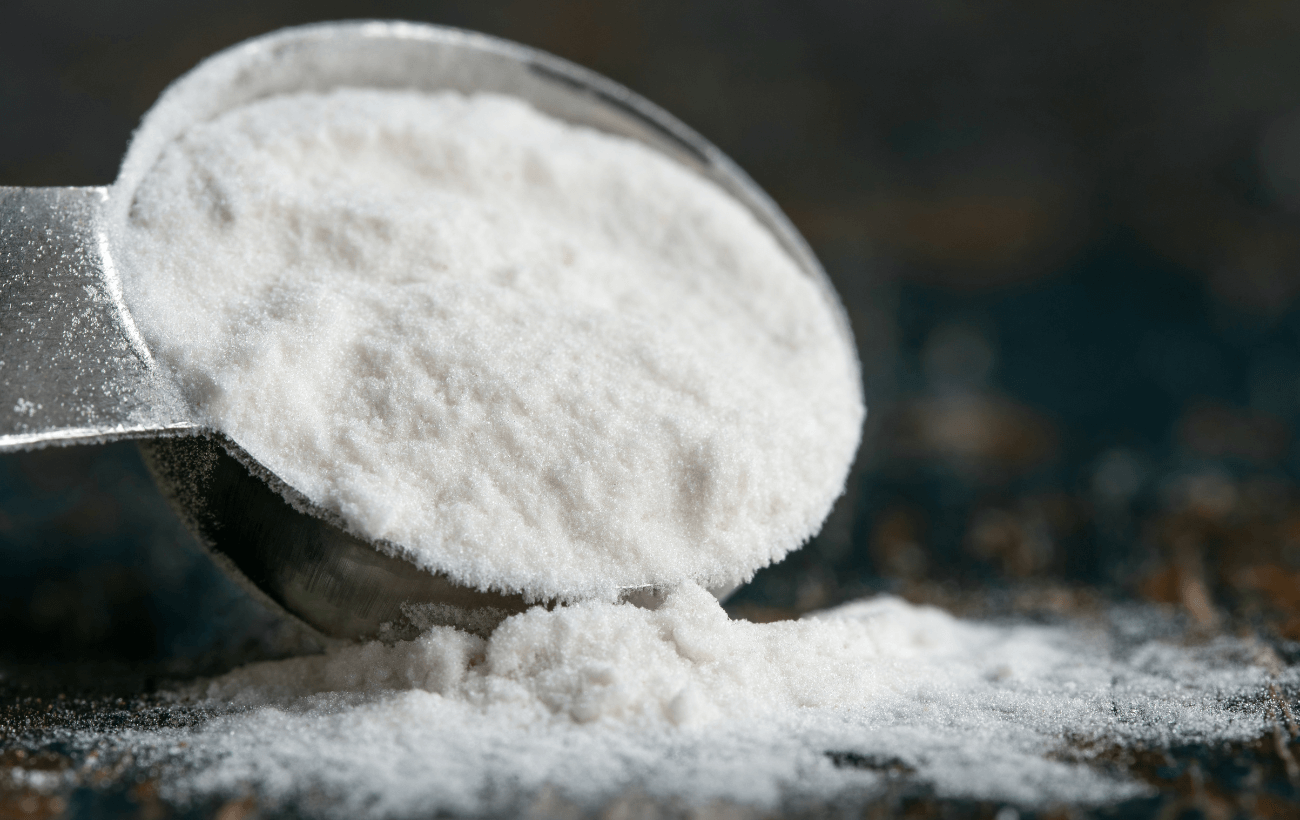
Busting Creatine Myths: What You Need to Know
There’s a lot of misinformation about creatine circulating in the fitness community. This article addresses common myths and misconceptions, providing science-backed answers to help you understand the true benefits and uses of creatine supplements, particularly creatine gummies.
Myth 1: Creatine Causes Kidney Damage
Myth Explanation:
A common belief is that creatine supplementation can cause kidney damage. This misconception likely arises from the misunderstanding of creatine’s metabolic byproduct, creatinine, which is often measured in kidney function tests.
Scientific Evidence:
Numerous studies have examined the impact of creatine on kidney function in healthy individuals. Research consistently shows that creatine supplementation does not cause harm to the kidneys when taken at recommended doses. For example, a study published in the Journal of the International Society of Sports Nutrition found no adverse effects on kidney function over a long-term period of creatine use.
Conclusion:
Creatine is safe for most people when used correctly. It’s essential, however, for individuals with pre-existing kidney conditions to consult with a healthcare professional before starting any supplementation.
Myth 2: Creatine Leads to Excessive Weight Gain
Myth Explanation:
Many people fear that taking creatine will result in unwanted and excessive weight gain, assuming it will add body fat.
Scientific Evidence:
Creatine causes the muscles to retain water, leading to an increase in body weight. However, this is not fat gain but an increase in water content within the muscle cells, which is beneficial for muscle growth and performance. Additionally, the weight gain from creatine is often associated with an increase in muscle mass due to enhanced workout performance.
Conclusion:
Weight gain from creatine is primarily due to increased muscle mass and water retention within the muscles, not an increase in body fat.
Myth 3: Creatine is Only for Bodybuilders
Myth Explanation:
There’s a misconception that creatine is only useful for bodybuilders and those lifting heavy weights.
Scientific Evidence:
Creatine benefits a wide range of athletes, not just bodybuilders. Research shows that creatine can enhance performance in high-intensity sports, improve endurance, and even benefit older adults in preserving muscle mass and strength. Endurance athletes, recreational gym-goers, and those involved in high-intensity interval training (HIIT) can all experience significant benefits from creatine supplementation.
Conclusion:
Creatine can benefit a wide range of fitness enthusiasts, from bodybuilders to endurance athletes, making it a versatile supplement.
Myth 4: Creatine Causes Dehydration and Muscle Cramps
Myth Explanation:
A common claim is that creatine use leads to dehydration and muscle cramps.
Scientific Evidence:
Studies have shown no direct link between creatine supplementation and an increased incidence of dehydration or muscle cramps. In fact, some research suggests that creatine can help maintain hydration status by increasing water content in muscle cells. Proper hydration practices are essential for all athletes, whether or not they use creatine.
Conclusion:
Creatine does not inherently cause dehydration or muscle cramps. Staying adequately hydrated while using creatine is essential to avoid these issues.
Myth 5: Creatine is a Steroid
Myth Explanation:
Some people mistakenly believe that creatine is a type of anabolic steroid.
Scientific Evidence:
Creatine and anabolic steroids are chemically and functionally different. Creatine is a naturally occurring compound found in small amounts in certain foods and produced by the body, whereas anabolic steroids are synthetic substances that mimic the effects of testosterone. Creatine works by enhancing the body’s natural energy production, while steroids affect hormone levels and have numerous side effects.
Conclusion:
Creatine is not a steroid. It is a safe and natural supplement that works differently from anabolic steroids.
Myth 6: More Creatine Equals Better Results
Myth Explanation:
There is a belief that taking more creatine than recommended will yield faster or better results.
Scientific Evidence:
The body has a saturation point for creatine, beyond which excess creatine is excreted and not utilized. The recommended dosage is typically 3-5 grams per day after an initial loading phase of 20 grams per day for 5-7 days. Taking more than this does not enhance performance further and can lead to unnecessary side effects such as gastrointestinal discomfort.
Conclusion:
Adhering to recommended dosages is crucial for optimal results without unnecessary side effects.
Debunking These Common Creatine Myths
Debunking these common myths about creatine helps clarify the true benefits and safety of this widely-used supplement. By relying on scientific evidence rather than hearsay, you can make informed decisions about incorporating creatine into your fitness regimen. Understanding the reality behind these myths ensures that you can take full advantage of creatine’s potential benefits, such as increased muscle strength, enhanced workout performance, and improved recovery.
Creatine is one of the most researched supplements in the fitness industry, with numerous studies supporting its efficacy and safety. By dispelling misconceptions, you can approach creatine supplementation with confidence, knowing that it is a well-supported and effective tool for enhancing your fitness journey. Whether you’re an athlete, bodybuilder, or simply someone looking to improve their workout results, creatine can be a valuable addition to your regimen when used correctly.
It’s also important to stay updated with the latest research and expert recommendations. As new studies emerge, they continue to validate and refine our understanding of how best to use creatine for optimal benefits. By staying informed and critically evaluating the information, you can maximize the effectiveness of your supplementation and avoid unnecessary pitfalls caused by outdated or incorrect beliefs.
Ultimately, debunking these myths empowers you to make the most of creatine, leveraging its scientifically proven advantages to support your fitness goals.
We encourage you to share your experiences and any myths you’ve encountered about creatine in the comments below. For more tips and updates, subscribe to our newsletter and stay informed about the latest in fitness supplementation. Check out our related articles for further reading on creatine and other supplements.




